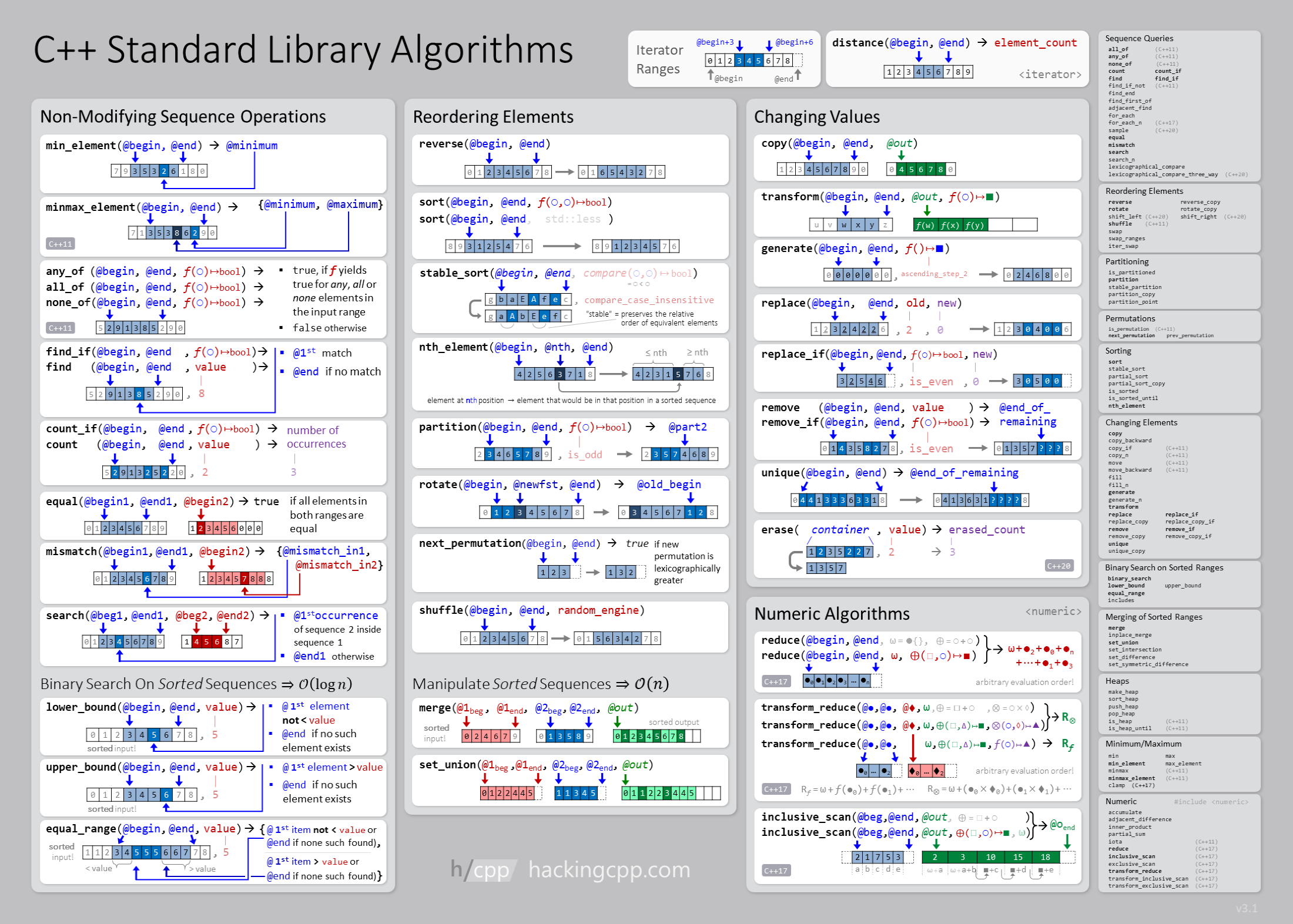WinReg: Simplify Windows Registry Programming in C++ -- Giovanni Dicanio
Windows Registry programming using the native C API is cumbersome and bug-prone. Fortunately, you can simplify that using a modern C++ library like WinReg.
Simplifying Windows Registry Programming with the C++ WinReg Library
by Giovanni Dicanio
From the blog post:
WinReg is a modern C++ library that exposes a high-level public interface to simplify the access to the Windows Registry.

